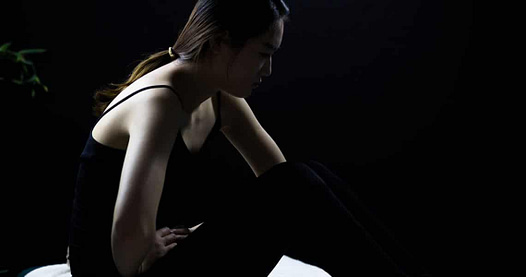Urinary incontinence can severely restrict one’s activity routines and affects the quality of life and self-esteem. It can be due to several problems, the most common being urge urinary incontinence and stress urinary incontinence.
Symptoms and causes vary from one to another but incontinence may happen
- during exercise or strenuous activities
- when laughing hard, cough, or sneeze
- during pregnancy and/or after given birth
- to post-menopause women
- to people with other health conditions
It is true that urine leakage is more common in older women, and most of the public in general unaware that acupuncture can help by strengthening energy flow through the bladder, kidneys, and other related meridians.
Researchers believe acupuncture may stimulate the nervous system and cause the release of neurochemical messenger molecules which can influence the body’s homeostatic mechanisms and promoting physical and emotional well-being. Some researches have shown that acupuncture treatment may specifically be of benefit in people with urinary incontinence by:
- decreasing the expression of c-Fos in the brain. Induction of stress urinary incontinence in rats has been shown to increase the expression of c-Fos (Chung 2008).
- controlling nitrergic neurotransmitters in order to increase nitric oxide levels in bladder tissue, thus relaxing the smooth muscle and allowing increased bladder capacity (Chen 2006).

Bed-wetting research with post-stroke patients (Thomas 2008) and in children (Bower 2005) both reported consistently positive results but the poor quality of the component trials allowed only tentative conclusions. A review (Hartmann 2009) found acupuncture to be the only CAM therapy with evidence of benefit.
One research in America involved with double-blinded, randomized, clinical trial and included nine women with the urge or mixed urge and stress UI. Subjects were randomly assigned to a true or sham (placebo control) acupuncture group. Both true and sham acupuncture treatments were performed twice a week for six weeks. All subjects were evaluated at the completion of the 6-week intervention and 4 weeks later.
Subjects randomized to the true acupuncture group had a mean 63.30% reduction in daytime accidents/day one week after treatment and 67.47% reduction at 4 weeks. In contrast, the mean reduction in daytime accidents after sham treatment was 18.88% at 1 week and 16.67% at 4 weeks. Although further research required to fully understand how acupuncture helps urinary incontinence, it is clear that acupuncture does help.
Acupressure Du20 may help to improve the energy flow through the bladder region, it is not recommended for patients with high blood pressure. For further consultation and to join the happily treated after patients, please contact us early.

